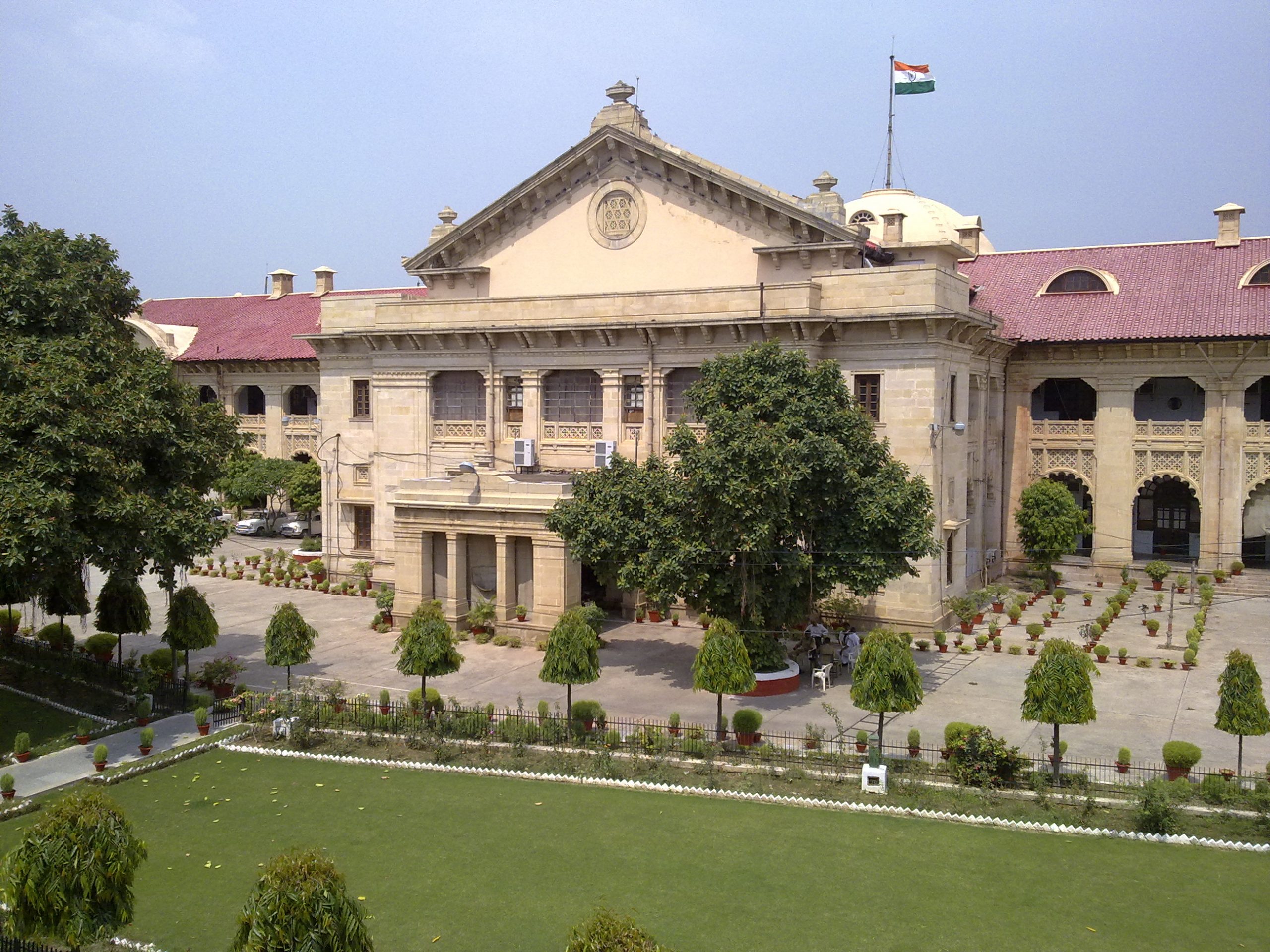Now Reading: Not Union Govt, It was Supreme Court who won our Hearts in Last 5 years
-
01
Not Union Govt, It was Supreme Court who won our Hearts in Last 5 years

Not Union Govt, It was Supreme Court who won our Hearts in Last 5 years
“Power corrupts and absolute power corrupts absolutely”, this quote by Sir Arnold in the true sense describes the present condition of Indian legislative approach. The representatives which are elected by the common people for the betterment, starts working as rulers and the motive of common welfare gets defeated. But, any democracy lies on 4 pillars and in every such condition when the other pillars become rusted the 3rd pillar of the Indian Democracy, i.e., The Supreme Court of India being the custodian of constitution, from time to time through its landmark judgments became the voice of common peoples. This article deals with the landmark judgments in the recent 5 years through which Hon’ble Supreme Court of India won the hearts of the common mass whenever the Union Government fails to do so.
“The bed rock of our democracy is the rule of law and that means we have to have an independent judiciary, Judges who can make decisions independent of the political winds that are blowing.” This quote by “Cardine Kennedy” clearly describes the importance of judiciary in any democracy and democracy turns into demon-cracy without independent judiciary. India, a country where rule of law exists and the third pillar of the government i.e. judiciary is seen as the most trusted one among all other pillars of the democracy. Indian judiciary even after being blamed with the allegations of judicial activism from time to time passed the decisions for the benefits of larger public interest.
Some of such landmark judgments of the last five years are-
Devotion cannot be subjected to gender Discrimination (2018)
Hon’ble Apex court in the case of Indian Young Lawyers Association v. The State of Kerala & Ors (also known by “Shabri Mala Case”) stated that devotion cannot be subjected to gender discrimination and removed the ban that prevented the women of the age group 10-50 yrs from entering into the premises of Shabri Mala temple.
Decriminalization of Sec. 377 of Indian Penal Code (2018)
Hon’ble Apex court in the case of Navjet Singh Johar v. Union of India revisited the “Naz Foundation” verdict and held that no gay sex will be counted as the unnatural offence under Indian Penal Code, 1960 and as a result Section 377 of the IPC was decriminalized. Everyone have the right to choose with whom they want to make such relationships.
Husband is not the Master of Wife (2018)
Hon’ble Apex court in the case of Joseph Shine v. Union of India abolished the section 497 of the Indian Penal code (which dealt with the punishment for adultery) stating that husband is not the master of wife and wife is not the property of husband. This decision was given In vie to provide equality of status to the wives.
Right to Privacy is a fundamental right (2018)
Supreme Court in the case of Justice K.S Puttaswami v. Union of India stated that Right to privacy is a fundamental right guaranteed under Article 21 of the constitution of India and it is an integral part of it. Further, in the Aadhar issue court observed that Aadhar is constitutional but it’s application is conditional.
Practice of Triple Talaq became Unconstitutional (2017)
In the case of Shaiyra Bano v. Union of India a very famous and recent judgement by the apex court in 2017, honourable Supreme Court held that the cruelest practice of divorce under Muslim law i.e., the practice of Triple Talaq (Divorce by pronouncing Talaq 3 times) was held unconstitutional.
No Liquor shops near National Highways (2016)
In the case of State of Tamil Nadu v. K.Balu Hon’ble Supreme court ordered the closure of all liquor shops along all the national as well as state highways. Court further stated that there should not be any liquor shops within 500 meters of such highways and these shops must also not be visible from such roads.
Public service commission shall provide information about answer sheets and marks under RTI (2016)
In the case of Kerala public service commission v. State Information Commission court observed that the seekers of information about answer sheet details and interview marks are their right and must be provided to them under Right to Information Act as there is a fiduciary relationship between the public service commission and the examines.
Muslim women could get maintenance beyond the Iddat period (2015)
In the case of Shamima Farooqi v. Shahid Khan on 6th April 2015, honourable Supreme Court stated that Muslim women could get maintenance beyond the Iddat period. The apex court up held the decision of “Danial Latifi v. Union of India” and re-emphasised its decision. As a result it was held that the concept of Iddat has nothing to do with maintenance.
Section 66A IT Act struck down (2015)
Hon’ble apex court in the case of Shreya Singhal v. Union of India declared that the sec 66A of the Information Technology Act, 2000 which provided punishment for sending offensive messages through communication service etc. is unconstitutional on the grounds that it is violative of the freedom of speech guaranteed by the Article 19(1) (a) of the constitution of India.
Unwed mother can become a sole guardian (2015)
In the case of ABC v. NCT of Delhi Supreme Court held that an unwed mother in India can also apply as the sole guardian of any child, without giving any notice to the father and without even disclosing his identity. Court further allowed the single/unwed mother to get the birth certificate for a child born from her womb, just after an affidavit furnished by her.
Transgender are the Third Gender (2014)
Hon’ble apex court in the case of National Legal Services Authority v. Union of India stated that the centre as well as state will have to recognise the transgender as the third gender in India and prove them the benefits of socially as well as economically backward class. Court further issued orders to the government to make several development schemes for the upliftment of this 3rd gender.
Apart from these judgments the decisions given for Live streaming of Supreme Court proceedings, Disqualification of convicted representatives in India, NOTA in EVMs, Passive Euthanasia and in the matters of heinous crimes and welfare of deprived class are also remarkable.
Thus, in a nutshell it can be said that in the recent 5 years the apex court of India has effectively dealt with matters related with the general public importance proving that it is Supreme Court who won the hearts by landmark judgements, not Union Government which fails to fulfil promises and safeguard our rights.








